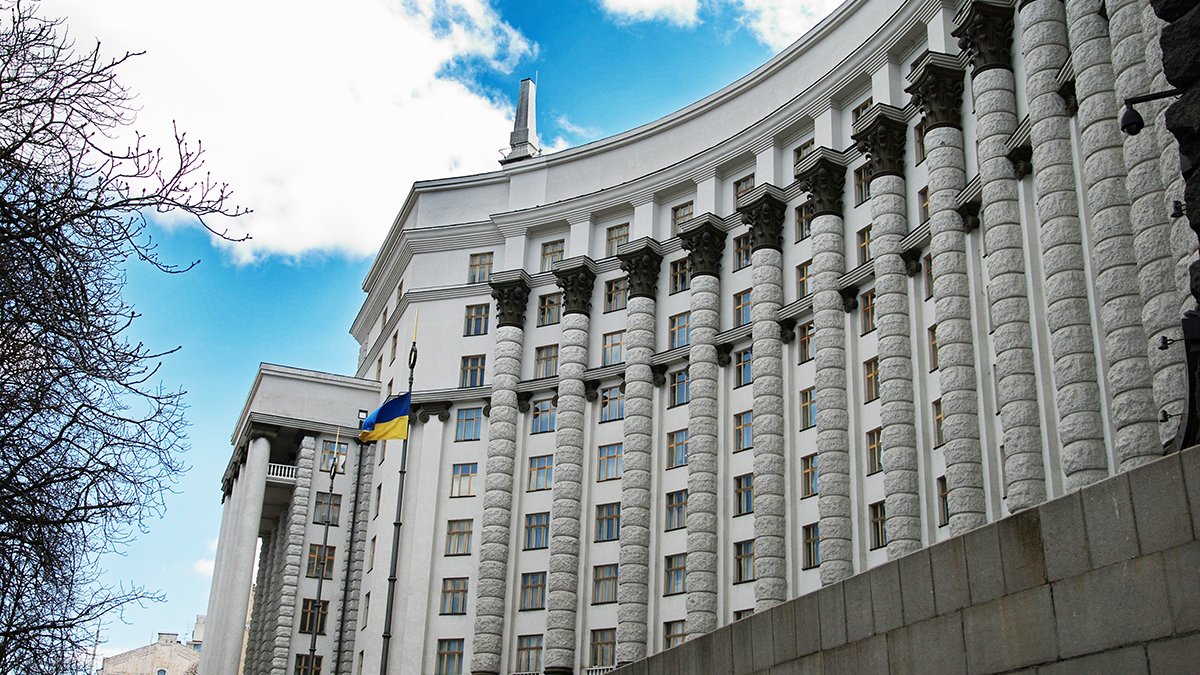
On 19 January 2021, Ukrainian Minister of Environmental Protection and Natural Resources Roman Abramovsky said that Ukraine plans to introduce an ETS in 2025. While Ukraine has previously committed to establishing an ETS and taken substantive steps, this is the first announcement of a potential launch date.
The statement was made during a meeting of an interagency working group within the framework of the European Commission’s European Green Deal initiative.
Abramovsky also said that Ukraine is currently revising its emissions reduction objective for 2030 and the timeframe for reaching carbon neutrality in the process of developing its second Nationally Determined Contribution (NDC). The country is also revisiting its approach towards its carbon tax and targeted use of the funds it raises. The carbon tax covers a range of stationary sources of emissions, including industry and the power sector and was increased to UAH 10 (USD 0.35) per tCO2e in 2019, with the intention of reaching UAH 30 (USD 1.06) per tCO2e by 2023.
Representatives of the Ukrainian government, the office of the president, the National Security and Defence Council, members of parliament, as well as experts and business representatives participated in the event.
Ukraine has already stated an intention to launch an ETS as part of its obligations under the “Ukraine-EU Association Agreement”, which took effect in 2017. So far, the country has taken steps to establish a MRV system, which entered into force in 2020. From the start of 2021, reporting is required annually for fuel combustion in installations over 20 MW, oil refining, production of coke, metal ores, pig iron, steel, ferrous alloys if the total nominal thermal capacity of combustion units exceeds 20 MW (including ferroalloys), cement clinker, lime or calcination of dolomite or magnesite (with a production capacity exceeding 50 tons per day), nitric acid, and ammonia.
To establish its ETS, Ukraine plans to develop separate legislation based on at least three years of data from the MRV system.
Guest post from ICAP





